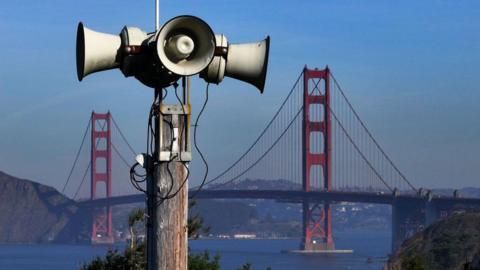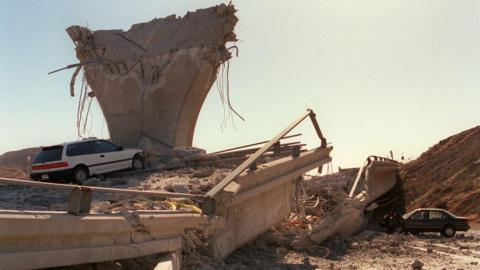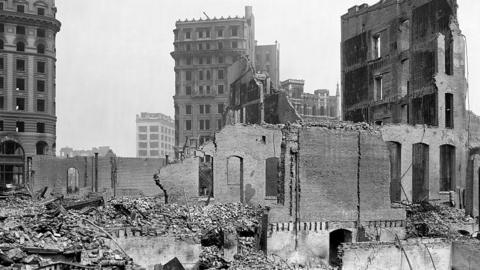Brent Dmitruk calls himself an earthquake predictor.
In mid-October, he told his tens of thousands of social media followers that an earthquake would soon hit at the westernmost point of California, south of the small coastal city of Eureka.
Two months later, a magnitude 7.3 struck the site in northern California - putting millions under a tsunami warning and growing Mr Dmitruk's following online as they turned to him to forecast the next one.
"So to people who dismiss what I do, how can you argue it's just a coincidence. It requires serious skill to figure out where earthquakes will go," he said on New Year's Eve.
But there's one problem: earthquakes can't be predicted, scientists who study them say.
It's exactly that unpredictability that makes them so unsettling. Millions of people living on the west coast of North America fear that "the big one" could strike at any moment, altering landscapes and countless lives.


